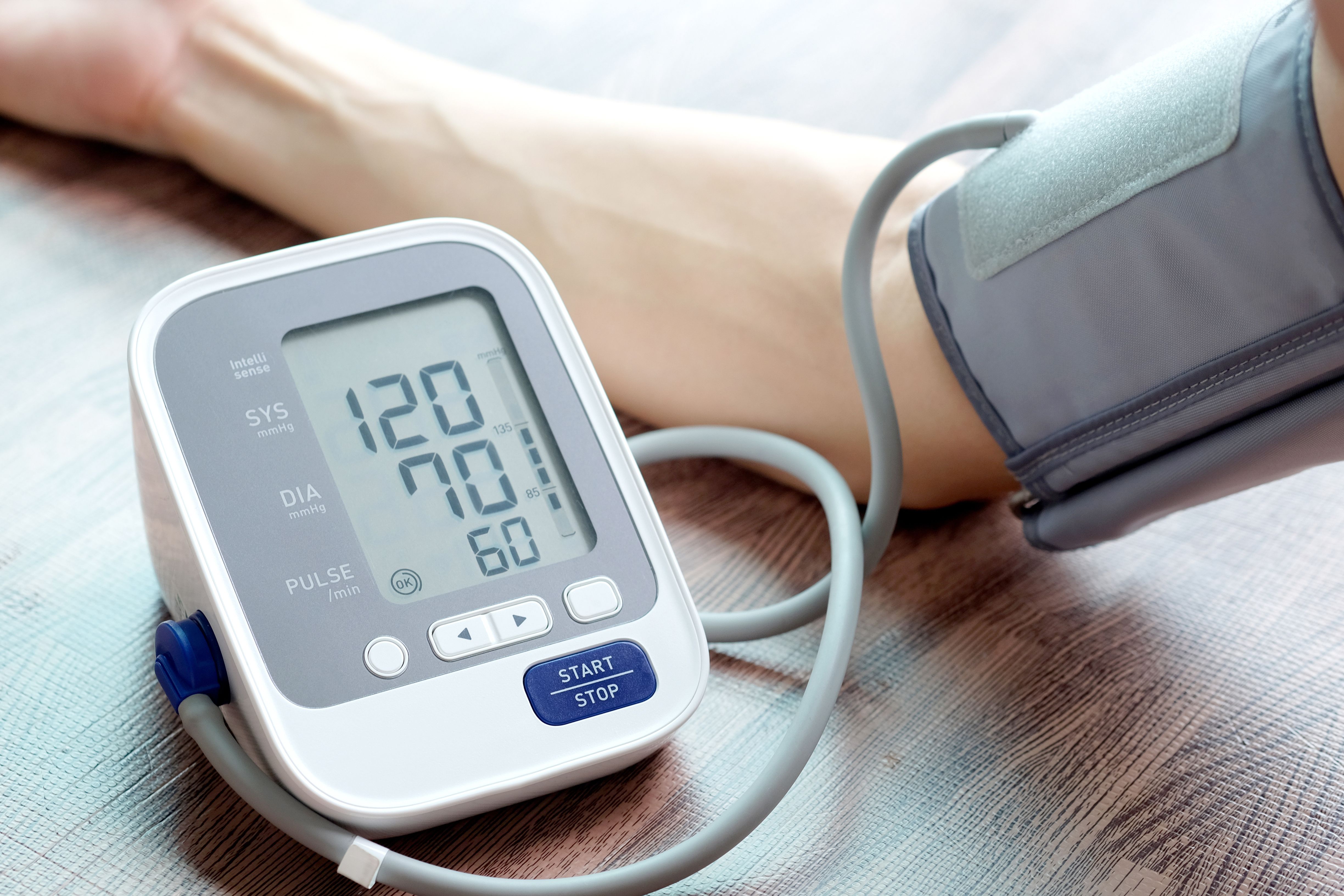- Center on Health Equity & Access
- Clinical
- Health Care Cost
- Health Care Delivery
- Insurance
- Policy
- Technology
- Value-Based Care
Efforts at Lowering Blood Pressure Affected by Medicaid Coverage
Medicaid coverage was able to help some people lower their blood pressure according to a new study.
A study published today has found that lowering blood pressure was affected by enrollment in Medicaid coverage.1,2 The result of the study builds on previous studies that found that Medicaid led to better access to care, improved financial risk protection, and lowered mental stress.
This study is a follow-up to previously reported data on the Oregon Health Insurance Experiment’s first year, which found that when giving Medicaid to low-income, uninsured adults, hospital, outpatient, and drug utilization increased.3 The study also found that compliance with recommended preventive care increased, whereas out-of-pocket medical expenses and medical debts of a substantial amount were decreased. Self-reported mental and physical health, overall well-being, and access to and quality of care all improved when patients received Medicaid.
The study, published in The BMJ, utilized the Oregon Health Insurance Experiment to analyze the data contained within. The randomized controlled trial began in 2008 and was initially started to assess how Medicaid coverage affected multiple outcomes, such as physical and mental outcomes, health care use, and financial strain. The present study used the data to assess the effect of Medicaid coverage on heterogeneous treatment effects, as this was not covered in previous data analyses.
Lowering blood pressure was affected by enrollment in Medicaid | Image credit: Photo Sesaon - stock.adobe.com

A machine-learning algorithm was used by the researchers to identify people whose cardiovascular health could be improved. The causal forest algorithm specified people on Medicaid and was able to predict how a patient would benefit from treatment by estimating the effects of an intervention.
Data from 12,134 participants of the Oregon experiment were used for the analysis. There were 6338 participants who were part of the lottery group and 5796 who were controls. The mean (SD) systolic blood pressure was 119 (17) mmHg, whereas the mean hemoglobin A1C was 5.3% (0.6%). Medicaid coverage was not associated with significant changes in either systolic blood pressure or hemoglobin A1C overall.
Patients who had a predicted benefit for systolic blood pressure had a mean reduction in systolic blood pressure of 4.96 mmHg (95% CI, –7.80 to –2.48) in patients with Medicaid compared with a mean reduction of 0.62 mmHg in the overall group. A greater reduction in diastolic blood pressure was also found in patients who were identified as those who would benefit most from Medicaid, as a reduction of 3.91 mmHg was found in this group compared with 1.00 mmHg in the overall population.
Patients who had a low utilization of care prior to receiving Medicaid were found to improve their blood pressure the most when compared with patients who had higher prior utilization. This implies that patients who lacked access to care before receiving Medicaid were a significant benefactor when it came to regulating their blood pressure.
“Our results should be informative to policymakers and health policy researchers, as they provide robust evidence that health insurance not only improves mental health, as the original study has found, but also improves physical health, such as lowering blood pressure,” Yusuke Tsugawa, MD, MPH, PhD, senior author of the study and associate professor of medicine in the division of general internal medicine and health services research at David Geffen School of Medicine at UCLA, said in a press release.1
There were some limitations to this study. Characteristics such as drinking, smoking, family disease history, and obesity status were not evaluated due to a lack of information. Measurement error and misclassification bias are likely due to the self-reported characteristics included in the study. The health outcomes evaluated were limited.
“By using advanced analytical tools and considering a wider range of patient characteristics, future studies can help develop more personalized treatment approaches. This will ensure that medical interventions are tailored to the unique needs of different patient groups, ultimately improving health care outcomes for everyone,” said Tsugawa.1
The researchers concluded that these findings support the notion that Medicaid coverage improves cardiovascular risk factors in some patients. These benefits may have been underrepresented due to participants who did not receive any benefit.
References
- Rivero E. Medicaid coverage helps people improve their cardiovascular health. News release. UCLA Health. September 23, 2024. Accessed September 23, 2024. https://www.newswise.com/articles/medicaid-coverage-helps-people-improve-their-cardiovascular-health
- Inoue K, Athey S, Baicker K, Tsugawa Y. Heterogeneous effects of Medicaid coverage on cardiovascular risk factors: secondary analysis of randomized controlled trial. BMJ. 2024;386:e079377. doi:10.1136/bmj-2024‑079377
- Finklestein A, Taubman S, Wright B; Oregon Health Study Group. The Oregon Health Insurance Experiment: evidence from the first year. Q J Econ. 2012;127(3):1057-1106. doi:10.1093/qje/qjs020
